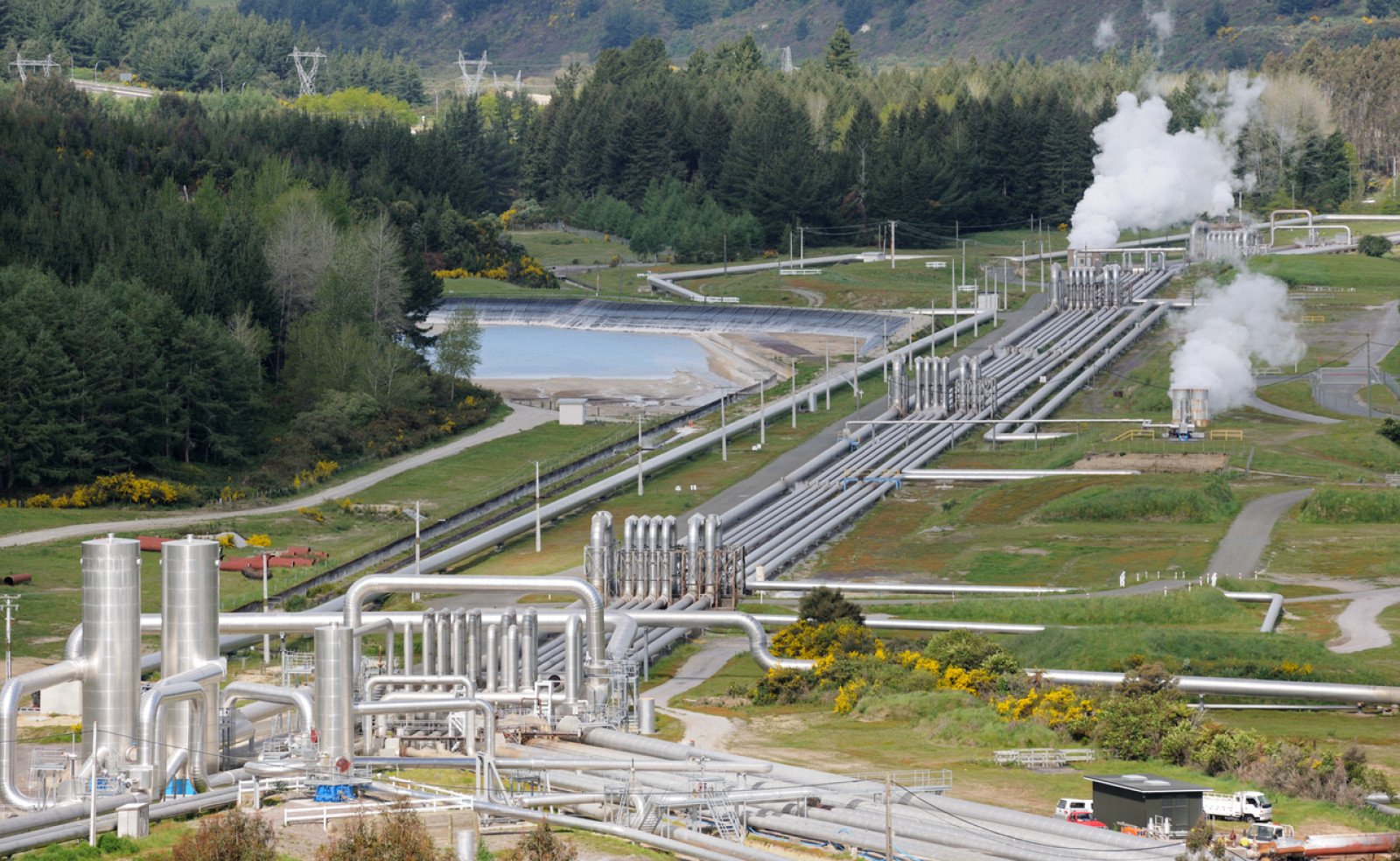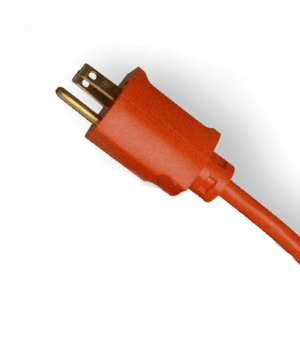Geothermal energy and geographic location
Where are the most favourable sites for geothermal energy?

Overview
Your students will use the criteria and recommendations from a report on geothermal energy to recommend locations in B.C. that would be favourable for the development of future geothermal energy sites.
Instructions
What you'll need
- "Assessing potential locations" worksheet (one copy for each student)
- "Geothermal energy" handout (one copy for each pair of students)
- "Report summary" handout (one copy for each pair of students)
- Organize your students into pairs and provide each group with a copy of the "Geothermal energy" handout. Briefly explore the graphic with students, reviewing how geothermal energy can be used to generate electricity.
- Provide each student with a copy of the "Assessing potential locations" worksheet. Invite groups to use their understanding of geothermal energy and knowledge of B.C. to select three locations in the province that would be the best for future geothermal energy sites. Prompt groups to mark their initial decisions on their maps.
- Encourage groups to share their decisions and thinking with the class. As groups share, invite them to suggest the features or characteristics that a favourable location would possess. Prompt groups to note their suggestions at the top of the worksheet.
- Briefly explain that the challenge of this activity is to recommend three locations in B.C. that would be favourable for developing geothermal energy.
- Provide each group with a copy of the "Report summary" handout. Inform students that in 2016, Geoscience BC completed a report that assessed various geothermal sites across B.C. Review the criteria with students, and invite them to reflect on their initial decisions in light of the criteria.
- Ask your students to read the executive summary and to analyze the table at the end of the summary. Invite groups to suggest what characteristics might be common among the highly favourable sites, and any factors that prevented some sites from being considered favourable.
- Encourage students to use their observations to recommend three locations for future geothermal sites. Suggest that recommended sites can be in general regions (e.g., “within 150km of Kamloops”) and do not need to be specific locations (e.g., “50.6745° N, 120.3273° W”).
- Remind groups to use the criteria from the worksheet to guide the selection of their locations. Prompt groups to note any criteria and evidence that support their recommended sites in the appropriate column on the worksheet. Encourage groups to also record any criteria and evidence that would keep their sites from being viewed as favourable in the appropriate column. Groups could also use other sources of information to support their decisions.
- Invite groups to mark their locations on their maps. Prompt students to reflect on their original decisions, and to share their reasoning for how they arrived at their recommended locations.
- To conclude the activity, invite groups to reflect on the use of land for sustainable energy sources:
- What criteria or factors might be the most important to consider as B.C. searches for sustainable sources of energy?
- Which might be the most challenging to meet?
Modify or extend this activity
Extension
- The criteria for a favourable geothermal site could also be used to assess recommendations regarding other sustainable energy projects (e.g., wind turbines, hydroelectric, solar farms).
Modification
- Consider assigning groups one of the criteria for a specified site.
- Consider asking groups to identify and assess one location for possible geothermal energy.
- Consider assigning groups a region of B.C., then identifying and assessing locations within the assigned region.
Curriculum Fit
Environmental Science 12
Big idea
- Sustainable land use is essential to meet the needs of a growing population
Content
- Land management
- Land use and degradation
- Mitigation and adaptations
- Personal choices and sustainable living
Curricular competencies
Questioning and predicting
- Demonstrate a sustained intellectual curiosity about a scientific topic or problem of personal, local, or global interest
- Formulate multiple hypotheses and predict multiple outcomes
Processing and analyzing data and information
- Seek and analyze patterns, trends, and connections in data, including describing relationships between variables, performing calculations, and identifying inconsistencies
- Construct, analyze, and interpret graphs, models, and/or diagrams
- Use knowledge of scientific concepts to draw conclusions that are consistent with evidence
- Analyze cause-and-effect relationships
Evaluating
- Consider social, ethical, and environmental implications of the findings from their own and others’ investigations
- Critically analyze the validity of information in primary and secondary sources and evaluate the approaches used to solve problems
- Assess risks in the context of personal safety and social responsibility
Communicating
- Communicate scientific ideas and information, and perhaps a suggested course of action, for a specific purpose and audience, constructing evidence-based arguments and using appropriate scientific language, conventions, and representations
Assessments
Throughout the activity, consider how well students:
- Apply their understanding of geothermal energy and provincial geography in making their decisions.
- Recognize the importance of science in adopting thoughtful and reasonable positions on environmental issues.
- Are able to self-correct and extend their thinking from the beginning to the end of the activity.
- Pay close attention to appropriate details.
- Use relevant scientific terminology correctly when making their decisions and supporting their conclusions.
Teaching Notes
B.C. is powered by water
In B.C., most of the electricity comes from BC Hydro dams. Hydroelectric generation is favourable in the province due to the many lakes, rivers, mountains and valleys in the region. The energy generated by BC Hydro is 96% clean and renewable energy.
Geothermal energy in B.C.
Geothermal energy is another renewable energy source that has potential in the province. Read more at Clean Energy BC.






